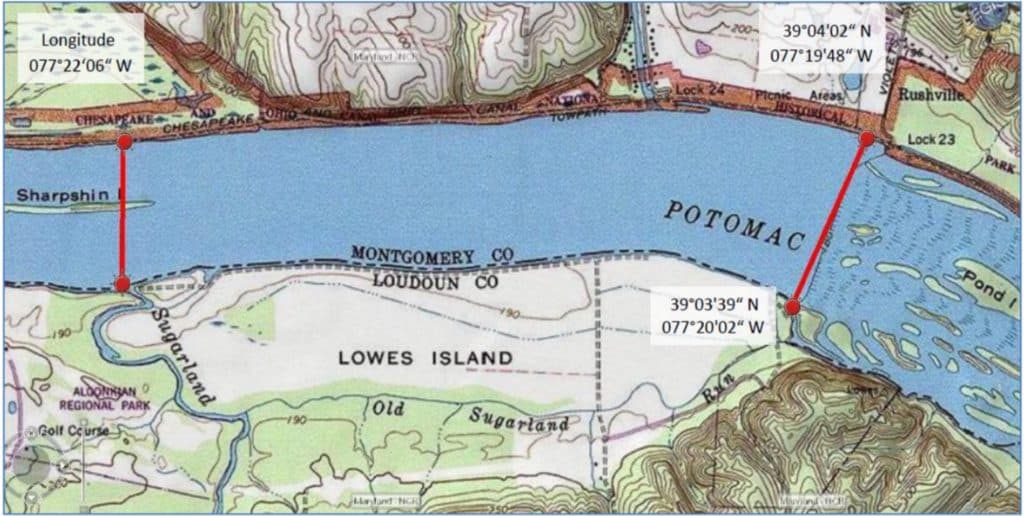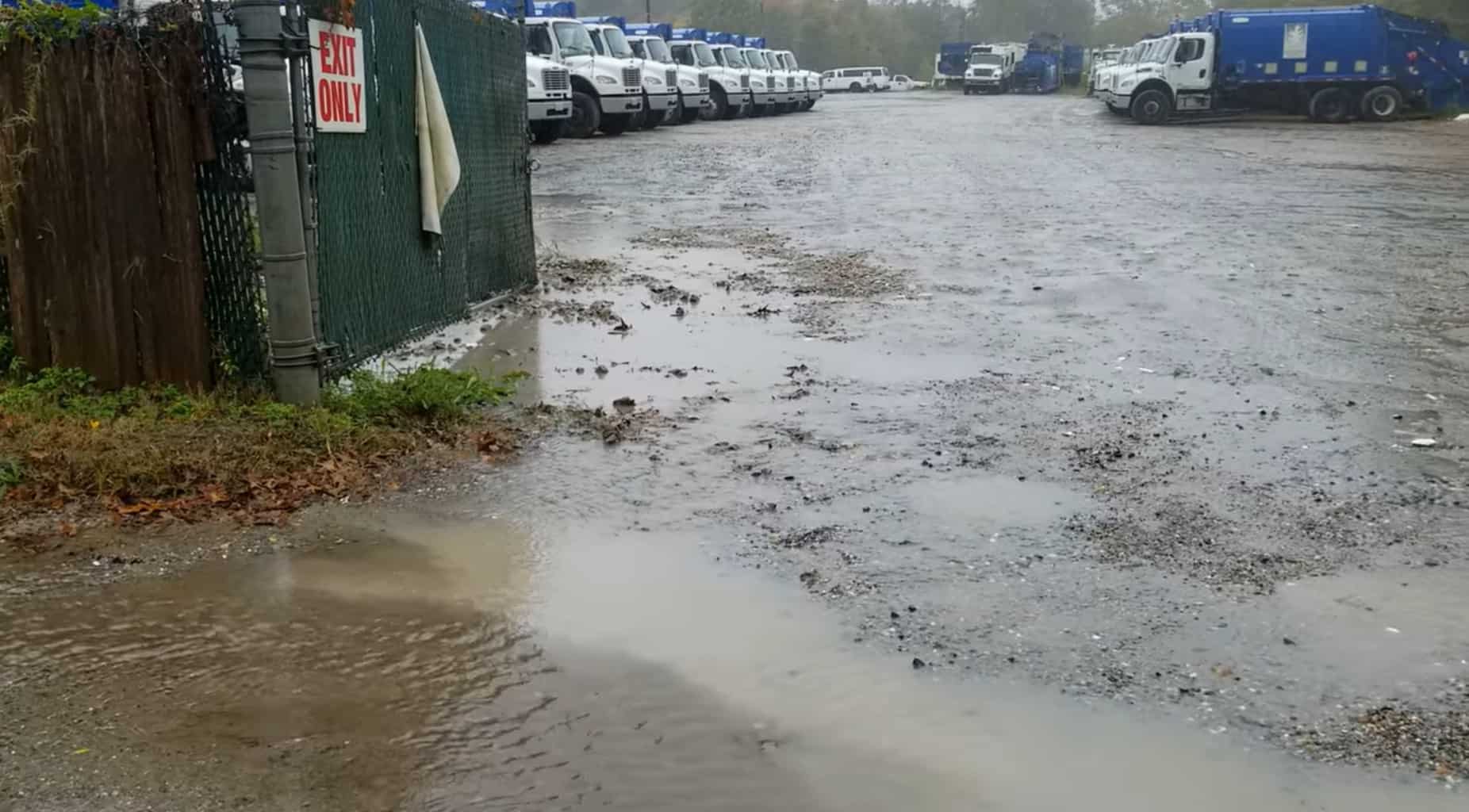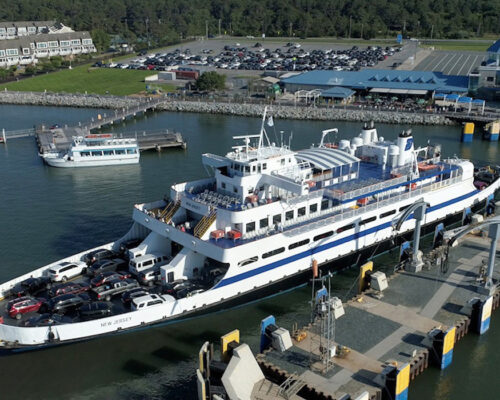It appears that federal agencies are acknowledging the public outcry— from paddlers and others— over the on-water security zone around Trump National Golf Club.
The security zone exists to “prevent waterside threats and incidents while persons protected by the Secret Service are at the club.” Vessels and people aren’t allowed to enter the zone next to the golf course at Potomac Falls, Virginia, unless they’re given special permission by the Captain of the Port (COTP) Maryland-National Capital Region.
But the security zone happens to be on a high-traffic stretch of the Potomac River that many groups rely on. Its users include: rehabilitative kayak/canoe programs for disabled veterans, professional athletic teams, youth summer camps, and recreational boaters, jet skiers, swimmers, hunters, fishermen and family paddlers that like to access both the Maryland and Virginia sides of the river.
The Coast Guard says after learning how many people and activities were impacted by the security zone, it has put an interim rule in place (effective March 21, 2019) that reduces the overall length of the existing security zone and creates a 250-yard-wide transit lane for vessels to pass near the Maryland shoreline, with permission from the COTP.
With the interim rule in place, the U.S. Department of Homeland Security (DHS) and the Coast Guard are seeking input on a permanent modification of the security zone.
“The security zone enhances the safety and security of persons while minimizing, to the extent possible, the impact on commerce and legitimate waterway use. We invite your comments on this rulemaking,” USCG writes.
Last September, the Canoe Cruisers Association of Greater Washington DC and the ground Democracy Forward sued DHS for, as they claimed, “unlawfully restricting access to a key portion of the Potomac River without providing the public with the required notice or opportunity for input, effectively blocking the public’s legal right to access the river during President Trump’s frequent golf trips.”
“The Administration needs to listen to the hundreds of river users who opposed this rule, and establish with certainty a reasonable outcome that maintains access to this treasured natural resource while addressing the legitimate security considerations for the President,” Canoe Cruisers Chairman Barbara Brown said at the time.
DHS and the Coast Guard aim to find this balance with its new rule going forward.
Comments must be received by the Coast Guard by June 19, 2019. You can submit comments online by clicking here.
-Meg Walburn Viviano




